Be the Muse
Have you ever noticed that when creatives talk about their muse, they refer to it as if it is another person, an outside influence, separate from themselves? On the other hand, we all speak of talent, skill, and achievement as belonging to ourselves. Why do we separate the processor of our ideas from who we are?
I’m not sure I have the correct answer, but it does feel like we think of our muse as some kind of divine entity, as if all the most wonderful, creative, and unique ideas must come from a power greater than ourselves. Perhaps we also talk this way because of how earlier civilizations discussed, often in personified terms, abstract concepts.
So, maybe we’re just carrying on the tradition of saying that our ideas come from an outside entity. I’m all for well-placed traditions, but I think this one is problematic. The issue is that our way of talking greatly influences how we think. So, if we speak as though our muse is some entity outside ourselves that we have no control over, we are more likely to not just believe that to be true but act as if we have no power over when and how we are inspired. And that would be an unfortunate handicap.
I used to feel I could only write if the house was quiet, I had space to myself, and I had the right notebook and the right pen. But saying you have to wait until things are a certain way is simply a form of procrastination. So is waiting on your muse.
It all comes down to this: your muse is not something outside of you. It is not something you find on the street, buried in a conversation, framed on a museum wall, or streaming on social media. It’s not even that wonderful person in your life that constantly inspires you. You may find sources of inspiration in those things, but your muse is, simply put, you.
Your muse is that filtering, thinking, imaginative part of you that takes the bits and pieces of the life you live and the things you hear, see, smell, feel, taste, and read and processes it into something you need to express and put out into the world. It’s your creative self.
I have a sticky note on my writing desk with a quote commonly attributed to William Faulkner: “I only write when inspiration strikes. Fortunately, it strikes at nine every morning.” In other words, when you enter the space you use to craft your creative work, you will never need to wait on your muse. It’s already there. It may not be pounding on the door to be let it out, but if you get down to work, you won’t find it hard to open the door.
I challenge you, next time you feel you can’t create, to sit down and do the work for just two minutes. Two minutes is nothing. You lose that and more just peeking in on social media. Once you get to work, that side of you that we call the muse will come out and will want to get to work. That’s why most people find that, at the end of their two minutes, they just keep working. The two minute challenge is an easy way to get yourself into work and to show yourself you don’t need to be waiting on some mythological divine entity in order to create. Because, of course, you are the divine entity.
[Photo,Wedgwood & Bentley (1768-1780). Plaque, ca.1775, Creative commons; Brooklyn Museum]


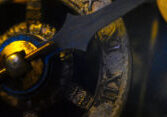
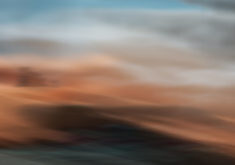
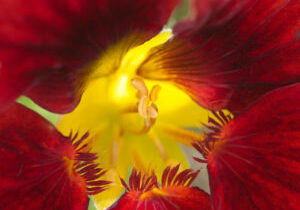

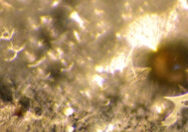


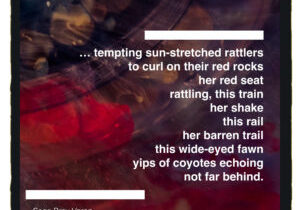
I had never thought of myself as my muse. But your words put it all in perspective. Thank you!
I am so glad. That makes my day. Yeah, I don’t remember when I figured that out but imagining the muse is within me made me realize I have control over it so no excuses! Plus it’s very empowering. Thank you for following my posts.